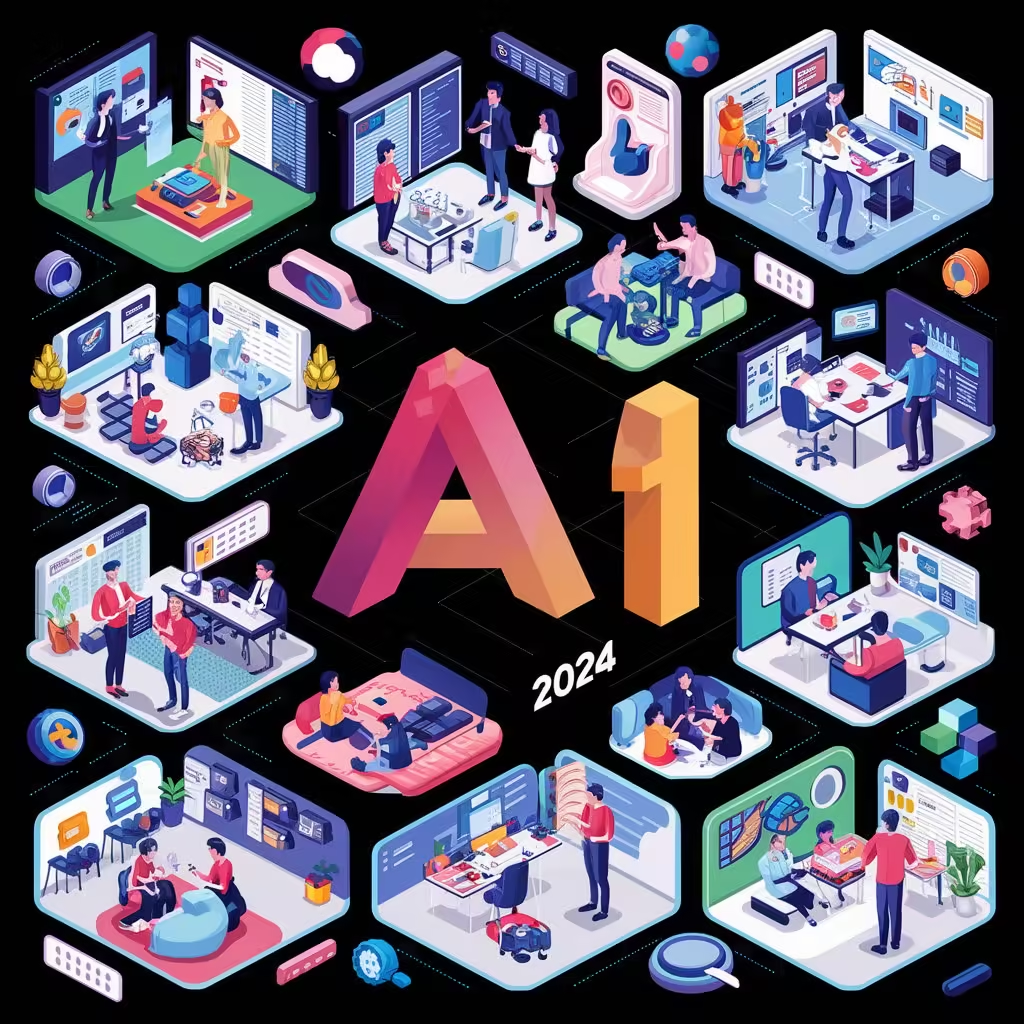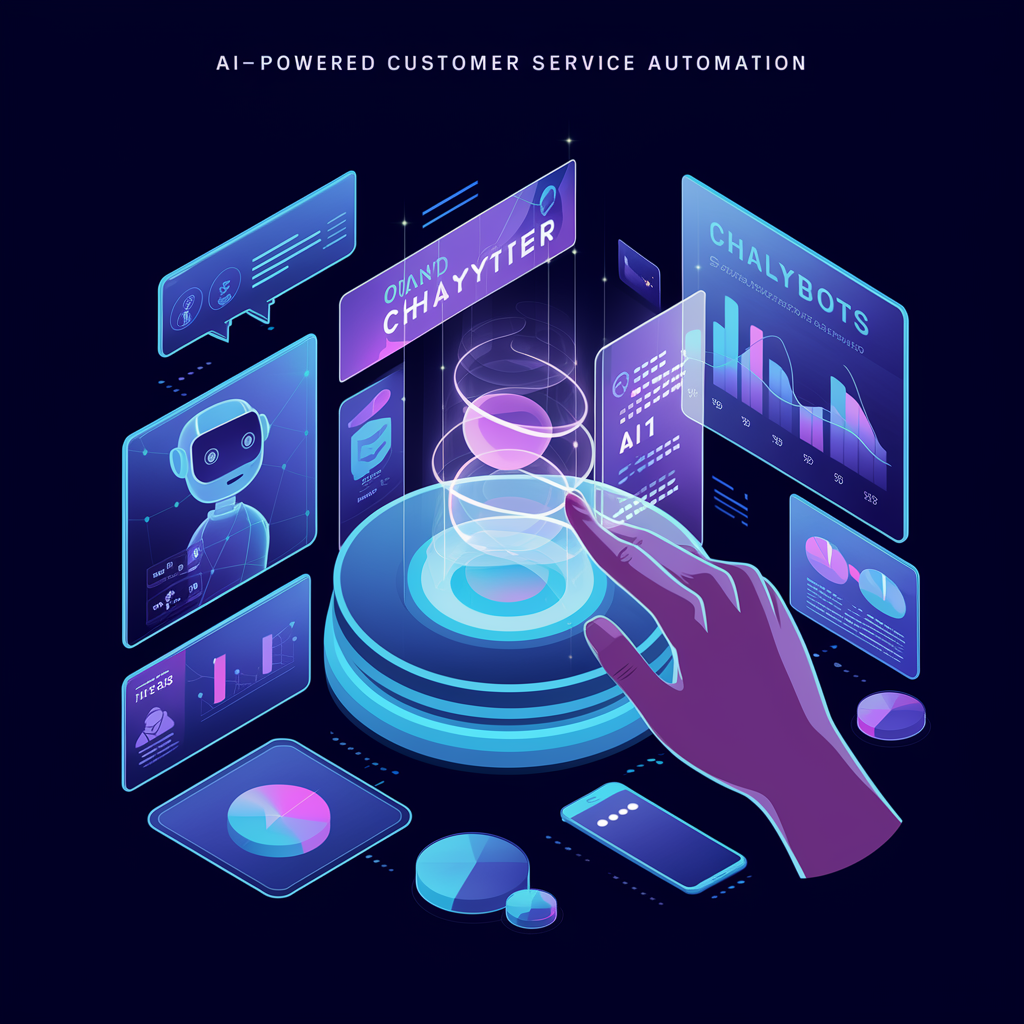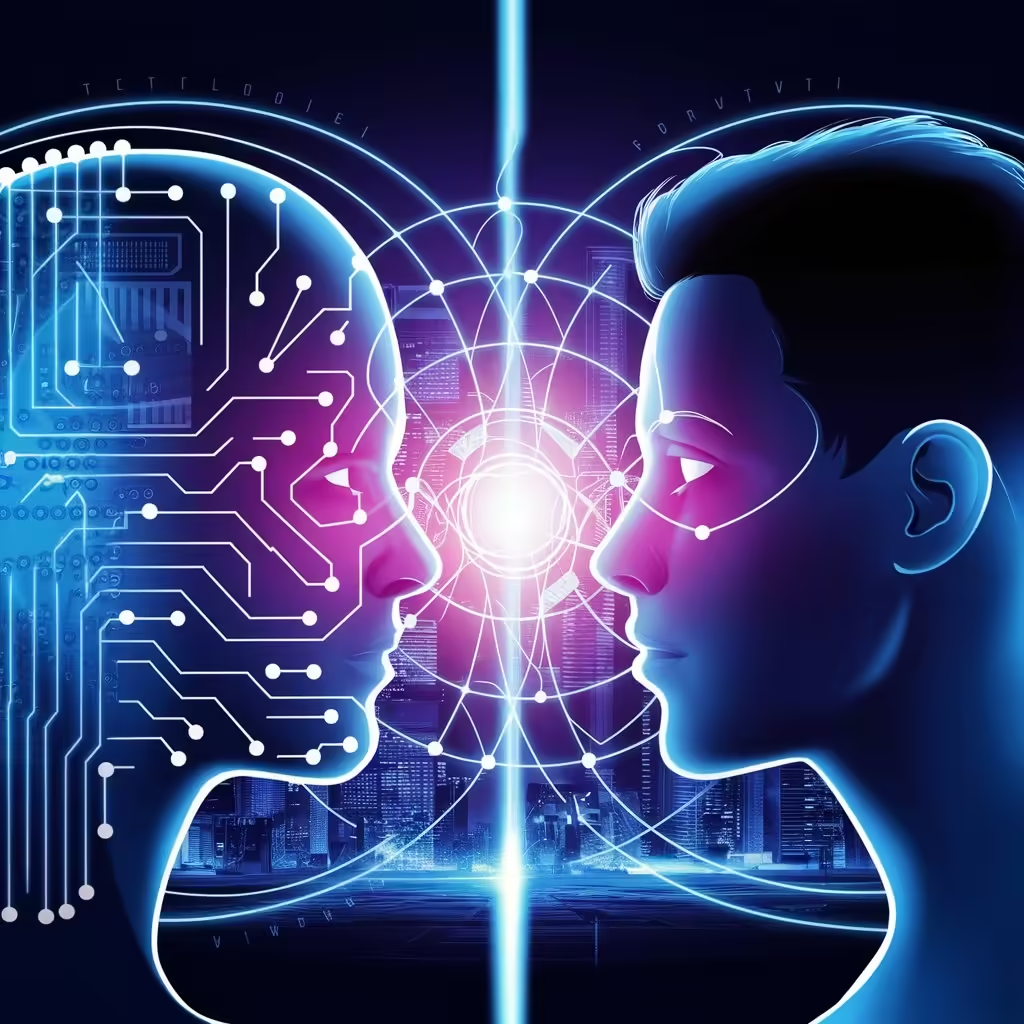Table of Contents
- Understanding ChatGPT
- Exploring Claude
- Comparing ChatGPT and Claude
- Real-world Applications
- Conclusion
Understanding ChatGPT
Overview
ChatGPT, developed by OpenAI, is a cutting-edge language model designed to understand and generate human-like text. Built on the GPT-4 architecture, ChatGPT has gained widespread acclaim for its ability to engage in coherent and contextually relevant conversations.
Key Features
- Advanced Natural Language Processing (NLP): ChatGPT excels in understanding and generating text that is contextually appropriate, making it ideal for a variety of applications.
- Scalability: With the capability to handle a vast amount of data, ChatGPT can be scaled to meet the demands of different industries and user bases.
- Customization: Users can fine-tune ChatGPT to suit specific needs, enhancing its relevance and effectiveness in various scenarios.
Use Cases
- Customer Support: ChatGPT can be used to automate customer service interactions, providing instant responses to common queries and freeing up human agents for more complex issues.
- Content Creation: Writers and marketers can leverage ChatGPT to generate content ideas, draft articles, and even write social media posts.
- Personal Assistants: ChatGPT powers virtual assistants that can schedule appointments, send reminders, and manage daily tasks efficiently.
Exploring Claude
Overview
Claude, developed by Anthropic, is another powerful AI tool that has been making waves in the AI community. Like ChatGPT, Claude is designed to understand and generate text, but it comes with its own set of unique features and capabilities.
Key Features
- Ethical AI: Claude is built with a strong emphasis on ethical considerations, ensuring that the AI behaves responsibly and aligns with human values.
- Robust Security: Claude incorporates advanced security measures to protect user data and maintain privacy, making it a reliable choice for sensitive applications.
- Interdisciplinary Approach: Claude combines insights from various fields, including machine learning, cognitive science, and philosophy, to enhance its performance and reliability.
Use Cases
- Research Assistance: Claude can assist researchers by summarizing articles, extracting key information, and even suggesting new research directions.
- Education: Educators can use Claude to develop interactive learning materials, provide personalized tutoring, and enhance the overall learning experience.
- Healthcare: Claude can support healthcare professionals by offering insights based on medical literature, assisting in diagnostics, and providing patient education.
Comparing ChatGPT and Claude
Performance and Accuracy
When it comes to performance, both ChatGPT and Claude excel in generating human-like text. However, ChatGPT has a slight edge in terms of conversational fluency and contextual understanding, thanks to its extensive training on diverse datasets. On the other hand, Claude’s interdisciplinary approach ensures a well-rounded performance across various domains.
Usability and Integration
ChatGPT offers robust integration capabilities, making it easy to incorporate into existing systems and workflows. Its user-friendly interface and extensive documentation further enhance its usability. Claude, while equally user-friendly, places a strong emphasis on ethical AI, which can be particularly advantageous for organizations prioritizing responsible AI deployment.
Cost and Accessibility
In terms of cost, both tools offer competitive pricing models. ChatGPT provides flexible pricing options, including free tiers and subscription plans, making it accessible to a wide range of users. Claude also offers cost-effective solutions, with a focus on providing value while ensuring ethical and secure AI interactions.
Real-world Applications
Business
In the business world, ChatGPT is widely used for automating customer service, generating marketing content, and enhancing productivity through virtual assistants. Claude, with its emphasis on ethical AI, is particularly well-suited for industries where data privacy and security are paramount, such as finance and healthcare.
Education
Both ChatGPT and Claude have significant applications in education. ChatGPT can assist in creating educational content and providing personalized tutoring, while Claude’s interdisciplinary approach and ethical considerations make it an excellent choice for developing interactive and responsible educational tools.
Customer Service
For customer service, ChatGPT’s ability to handle a high volume of interactions and provide instant responses makes it a popular choice. Claude’s robust security features and ethical design ensure that customer data is protected, making it ideal for industries with stringent privacy requirements.
Conclusion
In conclusion, both ChatGPT and Claude offer unique strengths that cater to different needs and priorities. ChatGPT stands out for its conversational fluency, scalability, and customization options, making it a versatile tool for various applications. Claude, with its focus on ethical AI, security, and interdisciplinary insights, provides a reliable and responsible choice for users who prioritize these aspects.
Choosing between ChatGPT and Claude ultimately depends on your specific requirements and values. Whether you prioritize conversational accuracy, ethical considerations, or robust security, both tools provide powerful solutions that can enhance your AI-driven initiatives.
AIInDepth.com: Your go-to source for insights and trends in AI and technology.




